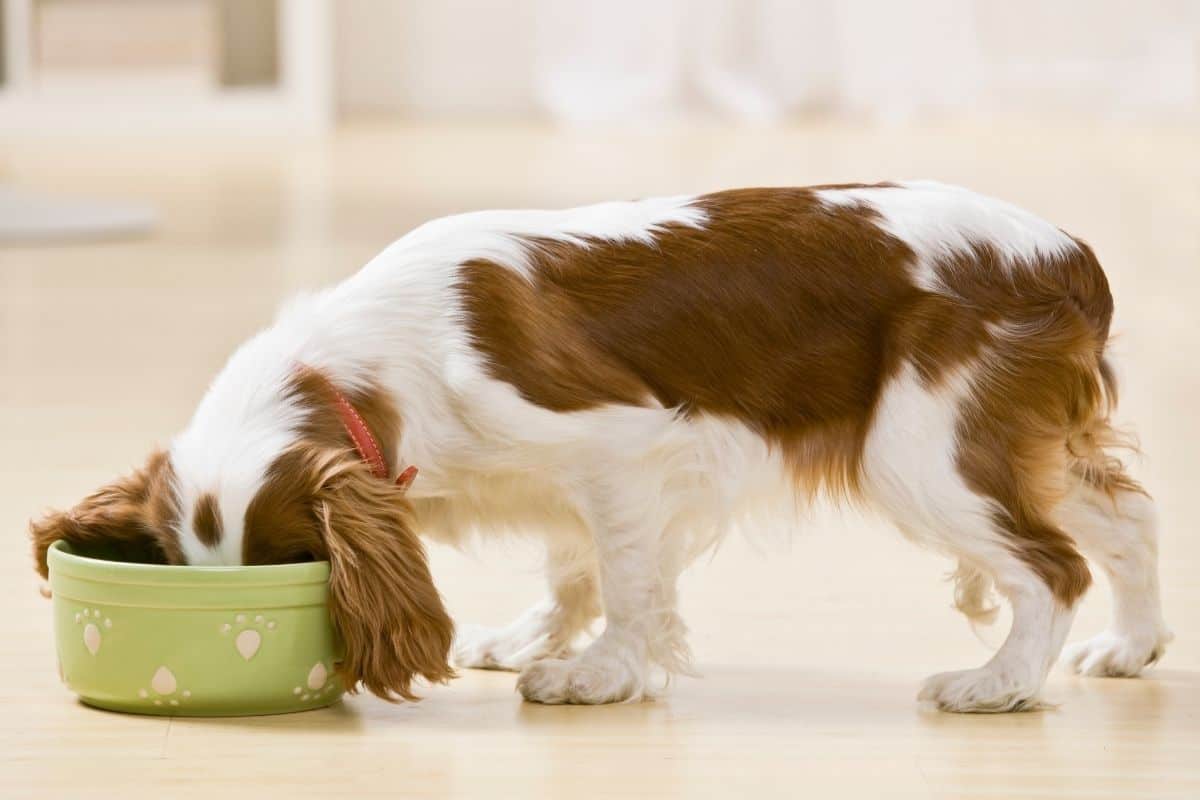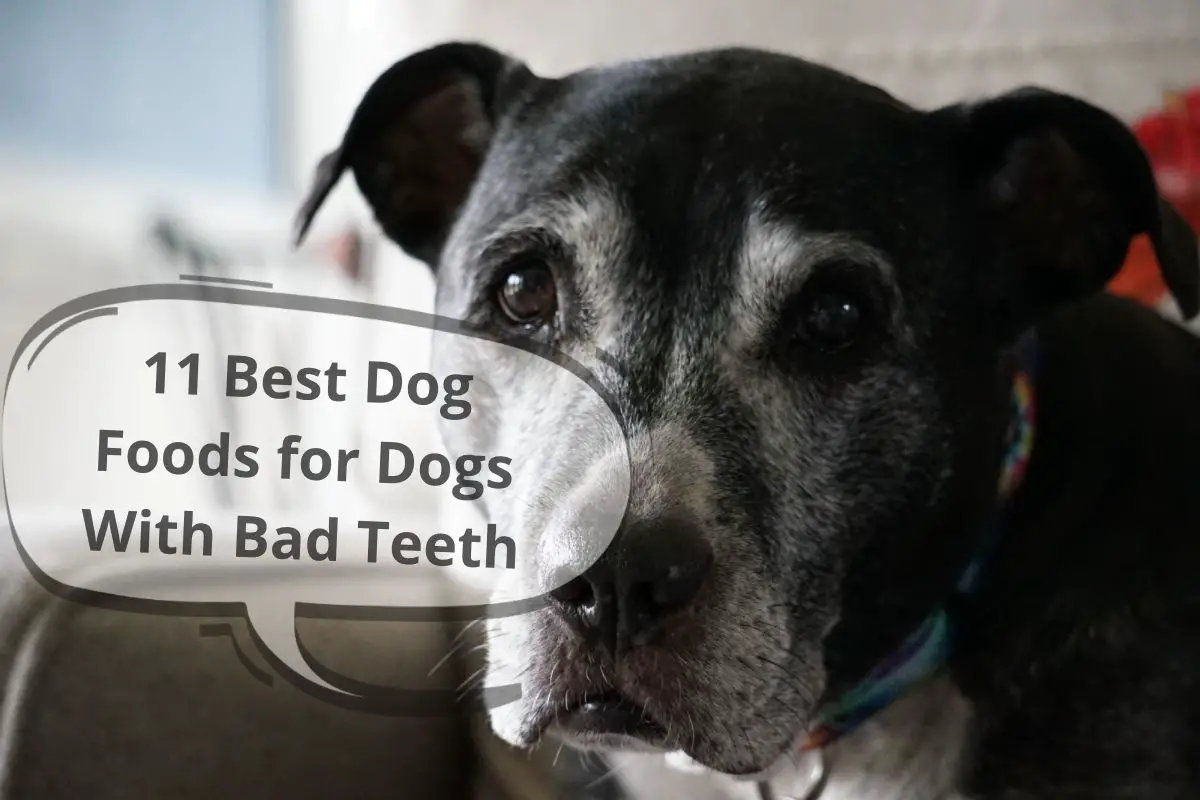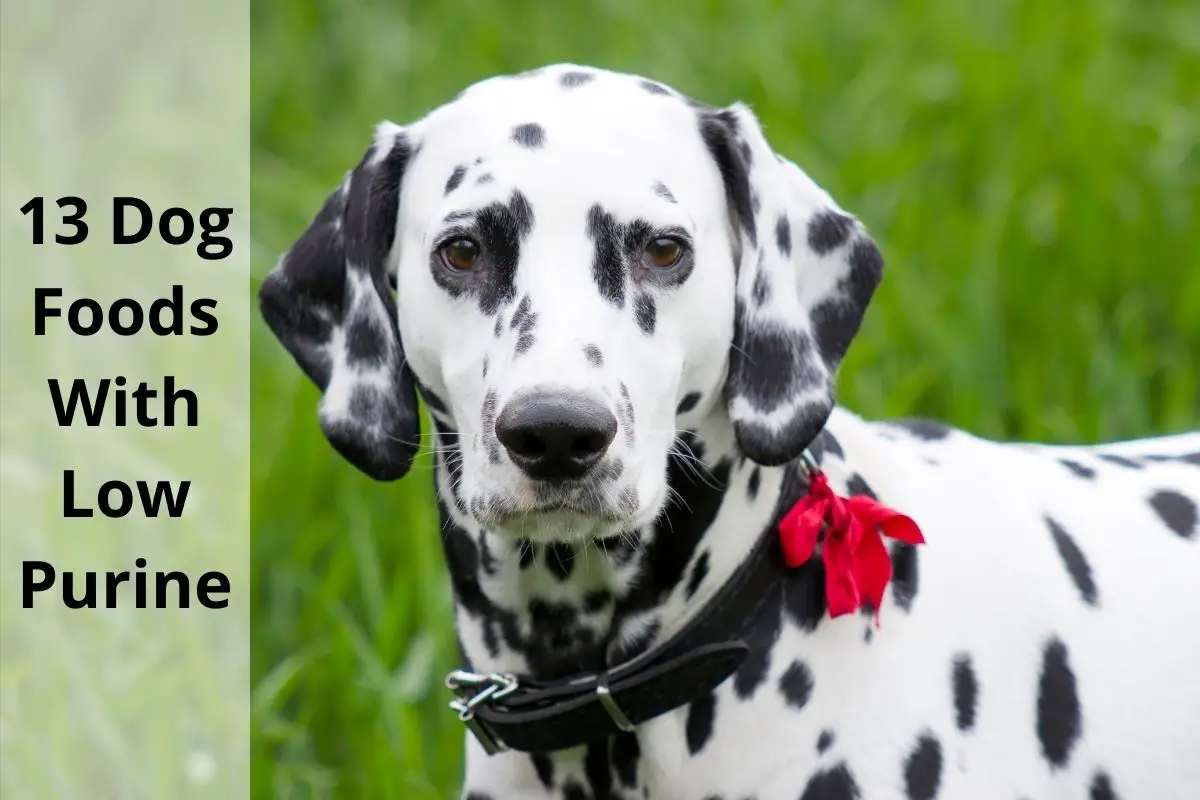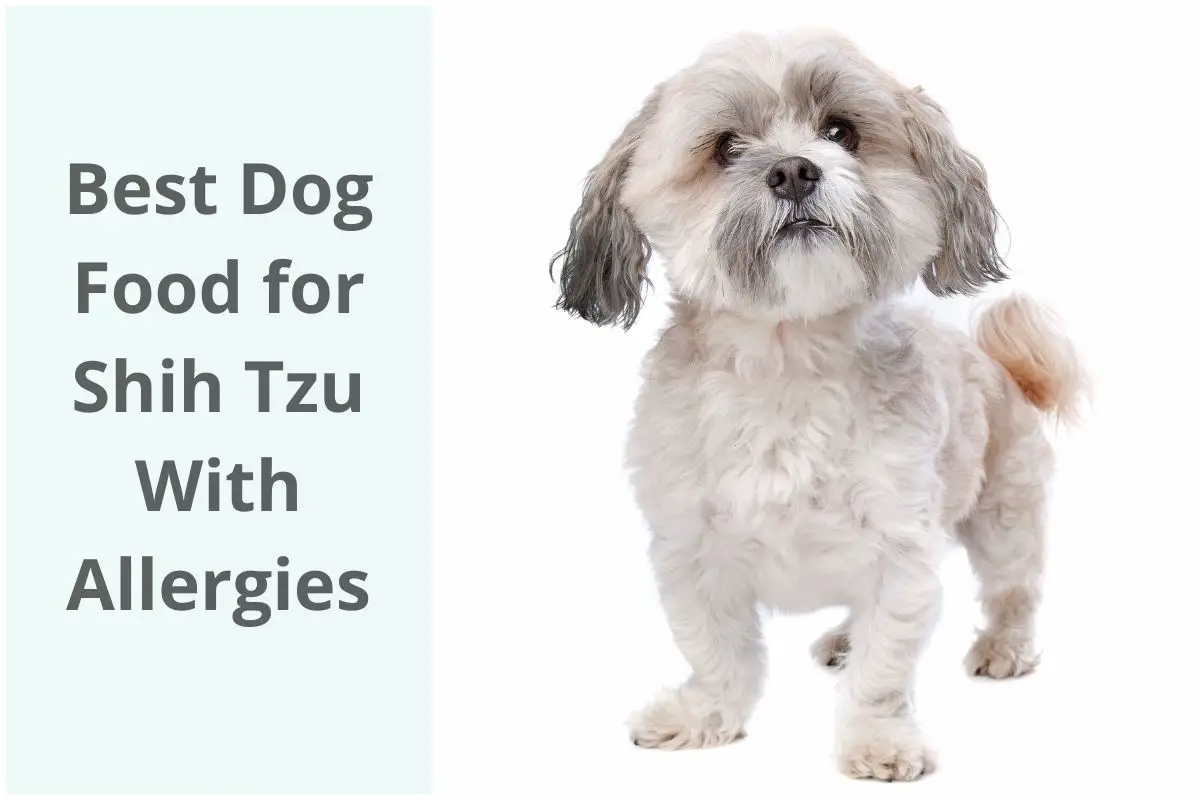This post contains affiliate links.
Dogs are habitual creatures, so dog owners need to create a feeding schedule for their dogs and stick to it. Always feed dogs with enough food, two meals per day with 12 hours between every meal to avoid hyperacidity in the dog’s stomach that can cause nausea. It would be best to feed your dog once in the morning and then once in the evening, but if your dog only eats late at night, you need to figure out why.
Your dog will only eat late at night due to habit. If you’ve fed your dog late at night before, maybe you had a whole week of night shifts, then this will cause your dog to associate late night with eating time. Free-feeding or mood changes can also cause a dog to want to eat late at night only.
There are several reasons why your dog will eat late at night. If this is a problem, you must address it as soon as you notice it, understand what causes late-night eating, and find ways to fix it. Read on to learn more about it.
Table of Contents
You Feed Your Dog Late at Night
Most dog owners feed their dogs at certain times of the day, usually once in the morning and once in the evening. While having a fixed eating schedule is essential for training your dog to follow a particular routine (for discipline reasons), and keeping its stomach healthy, feeding your dog at a different time, like at night, is fine, too. However, that doesn’t mean you should free-feeding your dog.
Free-feeding is when dog owners make food available at all times and decide when and how much their dog eats. A free eating routine isn’t helpful to a dog’s health because it can cause weight gain. Even if your dog does not gain weight, it might develop an attention-seeking attitude, like begging for food.
Maybe you only start work late at night and will only feed your dog right before leaving for work; then, it’s okay to feed your dog late at night as long as you stick to the routine. However, if you work different shifts alternately, it would be best to stick to a specific feeding routine, even if it might not be as convenient as you like. At any time of the day, you should never overfeed your dog.
If you have a Siberian dog, you might want to consider feeding it at night. Siberian huskies are very active dogs, and they often wake up early in the day. If you don’t wake up very early in the day, you’ll have a problem with your dog waking you up.
So, you might want to feed your husky late at night, at about 9 pm. If you usually sleep late, say at 11 pm, your Siberian husky will accompany you and try to engage in an activity with you. By engaging in an activity with them at night, the Siberian Husky is burning a lot of energy. If you feed your Siberian Husky late at night before it goes to sleep, it’ll sleep longer because its body needs time to digest the food given to it the night before.
Your Dog Might Be Sick
As discussed, dog owners should create a routine for feeding their dogs. You want to feed your dog at certain times of the day consistently so that it’ll get used to the routine and not beg for food whenever it likes. Having a consistent feeding time also prevents your dog from experiencing hyperacidity in the stomach.
If you have been feeding your dog accordingly, in the morning and the evening, but your dog has a change in appetite and starts eating late at night, this could indicate that the dog is ill. You can only be sure about this by taking the dog to your local veterinarian. Many things can cause your dog to fall sick — could be contaminated food, a fever, or an infection.
Your dog can also get sick when it is often hungry. If you feed your dog very early in the morning (because you have to travel to work early), 10-12 hours later, your dog will get hungry and expect you to feed it. If you often come home late, it would be challenging to feed your dog on time, and when you miss feeding your dog, that will eventually make it sick.
Depression can also cause your dog to change its appetite and eat at different times during the day. If you suspect your dog no longer eats twice a day and will only eat at night, your dog might be experiencing emotional distress. If this happens, you should consult a veterinarian to help you figure out the causes of your dog’s mood change.
You’re Not Feeding Them Enough
You feed your dog twice a day, so what could go wrong? Your dog will be happy if you feed it twice a day, but if you don’t feed it enough, it’s not going to be satisfied due to hunger. When your dog is hungry, it will want to eat at night, which is not good because you should not make them get used to eating outside of their feeding time.
Therefore, you must make sure that your dog gets enough food every time you feed it. It’s okay to reward your dog with treats whenever it shows good behavior, but you don’t want to feed it heavy meals outside of its scheduled feeding time. An adult dog that weighs 3-12 lb should eat ⅓ to 1 cup of dry food.
You might want to weigh your dog’s food before feeding it to ensure that it gets the amount of food it needs. If your dog gets hungry late at night, even when you’ve fed it enough, you could give it some snacks before bedtime to help it sleep through the night the next 10 hours or so. You don’t want to do this all the time, though, to avoid unwanted behavioral patterns in the future.
Your Dog Only Wants To Eat at Night Out of Choice
You should know by now that it’s essential to give your dog a feeding routine to encourage good health and discipline. However, some dogs only eat once a day, and that’s perfectly normal. If your dog eats once a day and will only eat late at night, it could just mean that it wants to eat once a day and only late at night.
Whatever comes naturally to your dog should influence your decision. If your dog is more comfortable eating at night, feed it at night and stick to it. However, it would be best if you also considered your daily schedule.
If you work at night, you must feed your dog before leaving for work. You might be tempted to leave food in the dog’s bowl and let your dog eat the food when it gets hungry at night. The problem with free-feeding is it can cause the dog to eat more and eventually gain too much weight.
What To Do About Your Dog Eating Late at Night
While it’s recommended to feed your dog twice a day, once in the morning and the evening, it’s okay to feed your dog late at night, at least before you and your dog go to bed. In some cases, feeding your dog late at night is okay. Often, dogs will sync with their owners’ schedules, and dog owners decide when they will eat.
If your dog eating late at night isn’t a problem for you, there is no need to force your dog to eat another time if it’s comfortable eating late at night. You’ll need to try and make your dog eat in the morning and the evening according to a fixed feeding schedule if you don’t want it to continue eating late at night.
It is not always easy to have dogs eating late at night because they might wake you up in the middle of the night to get you to send them out to relieve themselves. House accidents can also occur when dogs are allowed to eat late at night. If your dog only wants to eat late at night, say at 9 pm or 10 pm, you must make sure that it gets to relieve itself before bedtime.
It would help cut the portion of your dog’s food in half at night to encourage it to eat in the morning. This technique might take a few days to work. However, you should stop using this method if your dog still refuses to eat in the morning as you don’t want your dog to miss the nutrients it needs to stay healthy.
Final Thoughts
There are several reasons why your dog will only eat late at night. Maybe your dog gets used to eating at night only. Some dogs even prefer eating once a day or at night only; if this isn’t a problem for you, there’s no reason to change it.
While free-feeding may be convenient to dog owners who don’t have a fixed working schedule, free-feeding can lead to unwanted behavioral patterns. If your dog suddenly only eats at night, your dog could be ill. Always check with your veterinarian if you’re concerned about your dog’s sudden feeding change.
Related Articles
- Why Does My Dog Bark at His Food? Here’s What to Do About It
- Is It Bad To Feed a Dog Late at Night? (We Find Out)
- Why Does Your Dog Leave Food Around the House? Here’s What to Do
Sources
- VCA Hospitals: Feeding Times and Frequency for Your Dog
- Petmd: Why Free-Feeding is the Wrong Choice for Most Dogs
- Purina: Dog Feeding Guide – How Much & How Often to Feed a Dog
Mrdogfood.com is a participant in the Amazon Services LLC Associates Program, an affiliate advertising program designed to provide a means for sites to earn advertising fees by advertising and linking to Amazon.com. We also participate in other affiliate programs which compensate us for referring traffic.




